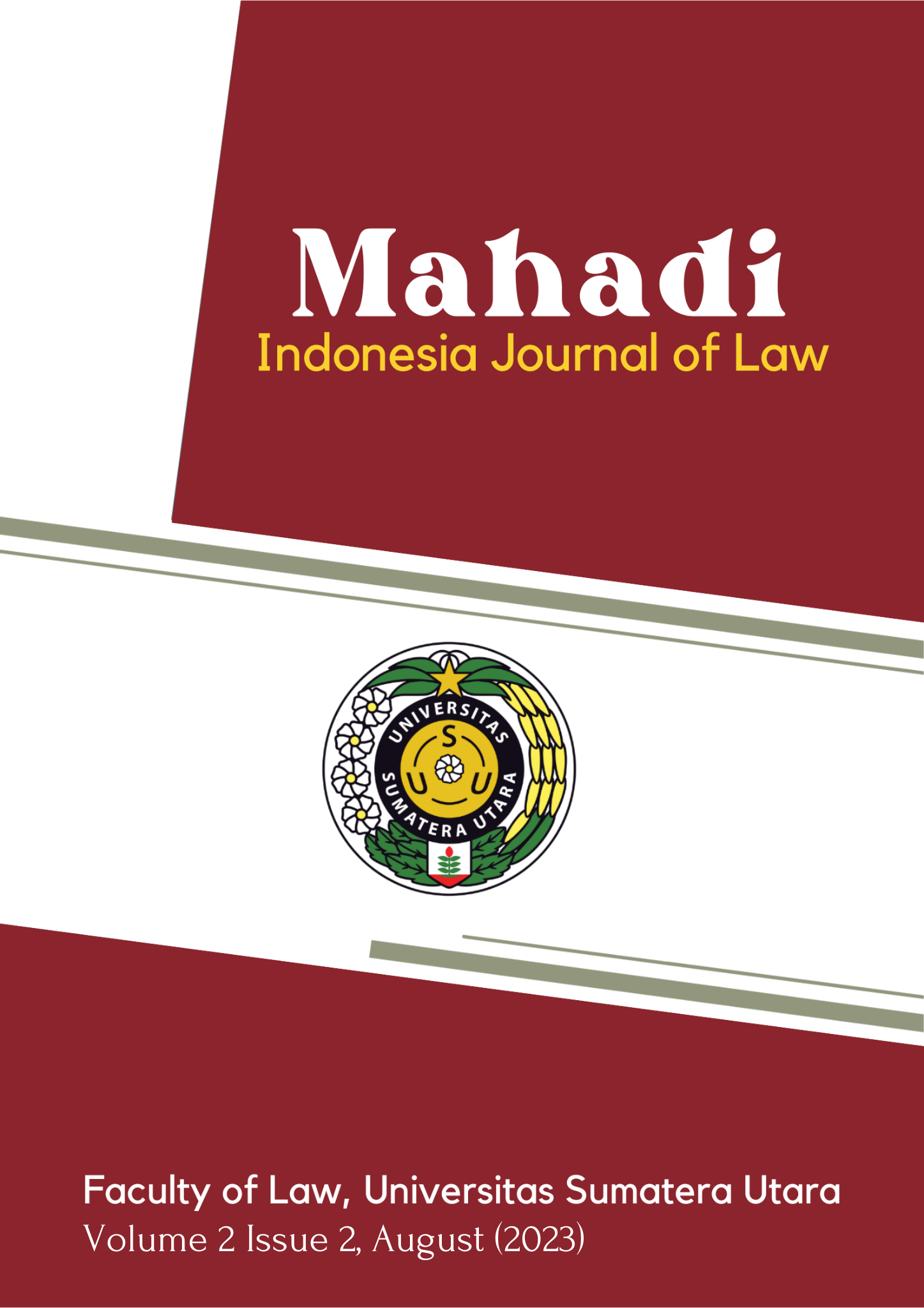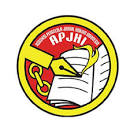The Criminalization Of Illicit Enrichment in Combating Corruption in Indonesia
DOI:
https://doi.org/10.32734/mah.v2i2.13183Keywords:
Criminalization, Illicit Enrichment, Corruption OffenseAbstract
Despite Indonesia's ratification of the United Nations Convention against Corruption, 2003 (UNCAC, 2003), there are still some norms that have not been adequately accommodated by national anti-corruption laws, particularly concerning illicit enrichment. This legal study aims to examine the practical implementation of illicit enrichment as a corruption offense in Indonesia and propose the criminalization of illicit enrichment as a future corruption offense. The research methodology employed is normative juridical, which involves analyzing secondary data, with a focus on literature reviews and relevant legislation. The research findings and discussions indicate that the practice of illicit enrichment has been increasingly prevalent, as evidenced by cases involving defendants Bahasyim Assifie and Dhana Widyatmika, who were charged under different articles, namely Article 12 of the Anti-Corruption Law and Article 3 of the Anti-Money Laundering Law, which differ from the essence of illicit enrichment as outlined in UNCAC, 2003. Considering the enforcement practices, it is imperative to criminalize the act of unlawful enrichment or illicit enrichment through the revision of the Anti-Corruption Law or the Criminal Code.
Downloads
References
Abu-Morad, M.A., Mohd Noor, F. and Ayub, Z.A., 2016. The shortcomings of the income and asset declaration system in Jordan illicit enrichment law. Journal of Global Business and Social Entrepreneurship (GBSE), 2(1), pp.98-110.
Ajie, R., 2018. Criminalisation Of The Unexplained Wealth By Public Officials (Illicit Enrichment) In The United Nations Convention Against Corruption 2003 (Uncac) And Its Implementation In Indonesia. Jurnal Legislasi Indonesia, 12(3).
Al-Hamid, M.S., 2022. Illicit Enrichment in Efforts to Eradicate Corruption in Indonesia. Al-Mizan (e-Journal),18(2), pp.243-268.
Boles, J.R., 2014. Criminalizing the problem of unexplained wealth: illicit enrichment offenses and human rights violations. NYUJ Legis. & Pub. Pol'y, 17, p.835.
Chudal, K., 2007. Developing Jurisprudence on Illicit Enrichment: A Bird's Eye View. NJA LJ, 1, p.179.
Danil, Elwi, Corruption: Concepts, Crime, and Eradication, (Jakarta: PT RajaGrafindo Persada, 2012).
Dirwan, A., 2019. The effect of education against corruption in Indonesia. OIDA International Journal of Sustainable Development, 12(01), pp.53-64.
Fernando, Z.J., Pujiyono, P., Susetyo, H., Candra, S. and Putra, P.S., 2022. Preventing bribery in the private sector through legal reform based on Pancasila. Cogent Social Sciences, 8(1), p.2138906.
Herlambang, H., Fernando, Z.J. and Rahmasari, H., 2022. Kejahatan Memperkaya Diri Sendiri Secara Melawan Hukum (Illicit Enrichment) Dan Aparatur Sipil Negara: Sebuah Kajian Kritis. Jurnal Rechts Vinding: Media Pembinaan Hukum Nasional, 11(2).
Indra Gunawan dan Naila Fauziana Nasution, Wawancara, Komisi Pemberantasan Korupsi, (Jakarta, 20 Februari 2020)
Kurniawan, I., 2020. Prevention Of Bribery In The Private Sector In Indonesia According To The United Nations Convention Against Corruption. NOMOI Law Review, 2(2), pp.145-153.
Lindy Muzila, dkk. On the Take Criminalizing Illicit Enrichment to Fight Corruption, (Washington DC: World Bank & UNODC, 2012)
Michael, T., 2019. Humanity in the enforcement of anti-corruption laws. Jurnal Hukum Bisnis Bonum Commune, pp.211-215.
Ng, N.B.M.A., Ayub, Z.A.B. and Rahman, R.B.A., 2022. The Legal Aspect Of Illicit Enrichment In Malaysia: Is It A Crime To Be Rich?. UUM Journal of Legal Studies, 13(2), pp.267-293.
Putusan Mahkamah Agung Nomor: 1454 K/Pid.sus/2011
Putusan Mahkamah Agung Nomor: 1540 K/PID.SUS/2013
Schütte, S.A., 2008. Government policies and civil society initiatives against corruption. In Democratization in Post-Suharto Indonesia (pp. 101-121). Routledge.
Soekanto, Soerjono and Sri Mamudji, Normative Legal Research (A Brief Overview), (Jakarta: Rajawali Pers, 2001).
Susanti, L., 2015. Criminal Liability of Public Officials for Illicit Enrichment: Comparing Approaches of the Use of Indirect Methods of Proof in Investigating Illicit Enrichment in Indonesia and the US. Indonesian J. Int'l L., 13, p.63.
United Nations Convention against Corruption, 2003.
Weda, M.D., 2016. Confiscation of Corrupted Assets by Means of in Rem Approach against Illicit Enrichment. JL Pol'y & Globalization, 55, p.38.
Werdhiyani, I.G.A. and Setiabudhi, I.K.R., 2023. Policy formulation against bribery in the private sector in indonesian criminal law reform. Sibatik journal: Jurnal Ilmiah Bidang Sosial, Ekonomi, Budaya, Teknologi, dan Pendidikan, 2(3), pp.781-792.
Downloads
Published
How to Cite
Issue
Section
License
Copyright (c) 2023 Dianita Dianita

This work is licensed under a Creative Commons Attribution-ShareAlike 4.0 International License.











